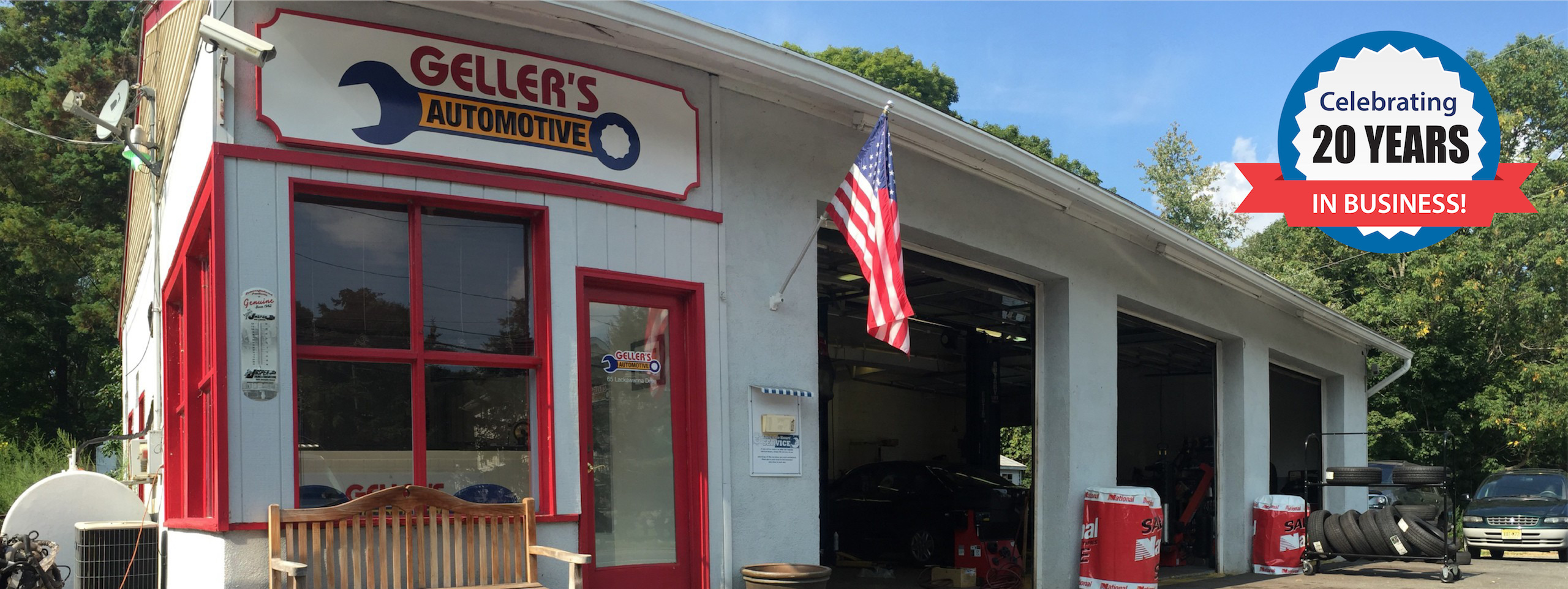
Driving is a routine that we often take for granted. When we get into our vehicle and start it up, we don’t think twice about what will happen next. We are conditioned to go through the routine and let our subconscious do the thinking for us. Our daily routine is only changed when something goes wrong – for example, when your vehicle will not start with the turn of the key or press of a button!
So, the vehicle won’t start! What next? In this month’s blog, we examine the more common reasons that your vehicle may not start, and ways to be alert to possible problems.
The Vehicle Electrical System
If you have ruled out the vehicle being completely out of fuel, or other obvious reasons why your vehicle may not start, then it is most likely stemming from your vehicle’s electrical system.
There are three common components that interfere with your vehicle starting, which are:
- The battery
- The starter, and
- The alternator.
Let’s look at these three components in more detail in the table below.
| Component | Purpose | What Can Go Wrong | Trouble Signs |
|---|---|---|---|
| Battery | Your vehicle’s battery is what provides the electrical current to start the vehicle. The battery sits within the engine and supplies the current to the starter to engage with the vehicle and begin the combustion process. Batteries are not meant to last forever. The typical lifespan of a vehicle battery is about five years. If you live in a climate with harsher temperatures (cold or hot) or humidity, your battery may not last more than three years. Lack of ongoing maintenance can also be the culprit for a bad battery. | The battery can fail for a variety of reasons, including: - Extreme temperatures, especially cold - Acid corrosion - Loose or bad cable connections - Lost charge due to aging or human error (i.e. leaving lights on) | Sometimes a battery may just need to be recharged, using jumper cables. If your vehicle will not start, begin there. Contact a roadside service or get some assistance with a jump to your battery. Once a battery is properly charged, it should retain the charge the next time you need to start it. If the vehicle does not start again after using a jump, then the battery should be replaced. The most common sign of a battery problem will be that nothing happens when you turn the ignition, or you hear a clicking sound. Your dashboard warning system may also alert you to an electrical issue. |
| Starter | Your vehicle’s starter is a type of motor that is connected to the flywheel with gears. When the starter receives an electrical current from the battery, it fires a motor that then engages with the flywheel. This process is what begins the combustion within your engine and gets the vehicle started. | The starter is a motor that needs to operate effectively to engage with the vehicle flywheel. If the motor is burned out, or there is a problem with the solenoid, then the starter cannot perform its function. The starter is typically subjected to: - Wear and tear failure - Oil and dirt interference - Faulty wiring - Gear issues | Like the battery, when turning the ignition of the vehicle, you may not hear anything, or you may hear some clicking. If you have tested the battery for charge, then it may be the starter. Another sign of a failing starter may be sporadic starts – today it started but tomorrow it doesn’t. You may also notice that when you start your vehicle, the dashboard lights dim for a moment. This could be an early sign of a developing problem with your starter. |
| Alternator | Your vehicle’s alternator is a component of the charging system. It serves two purposes - to recharge the vehicle battery during operation, and to power the electrical features and components of your vehicle. Many people believe that the battery is responsible for electrical power, but it is the alternator. The alternator can usually last for many years but there are occasions when it may fail or be impacted by other issues within the electrical system. | If the alternator has failed, it is not performing its function of recharging the battery. Service professionals will use measurement devices to determine the charge from the alternator to determine if there’s an issue. The alternator may not work due to: - faulty parts - wiring or fuse issues, or a problem with the belt that powers it. | One of the signs of a bad alternator may be a difference in the brightness of your dashboard lights when the vehicle is idling vs. when you are revving the gas pedal. You may also have a dead battery that is the result of a bad alternator. Since alternators power the other electrical components, you may notice that components in your vehicle are not working properly, or malfunctioning. |
If you have any concerns about your vehicle’s electrical system, or are currently experiencing possible problems, contact the service professionals at Geller’s Automotive. We can schedule an appointment to look over your vehicle’s electrical system, run the necessary diagnostics, and pinpoint the problem.
Don’t let yourself get stuck somewhere without the ability to drive, take care of any developing issues right away.



